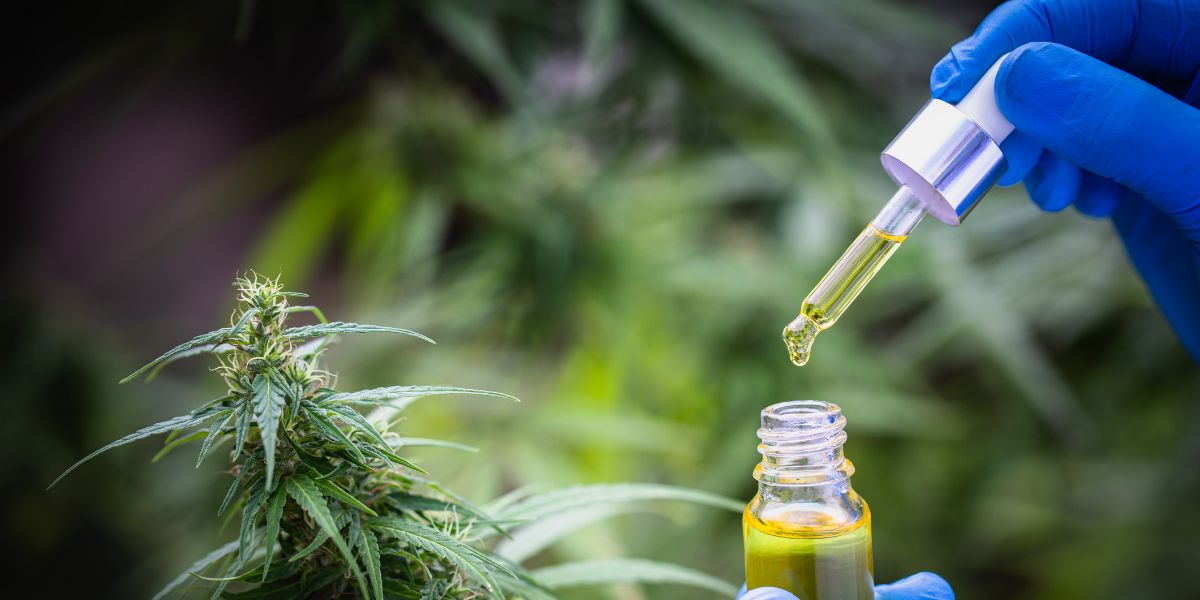Researchers have found that high concentration cannabis products are linked to poor mental health outcomes, but say more studies are needed to provide clear guidance for the public and clinicians.
The team from the University of Colorado Anschutz Medical Campus carried out a review of studies to analyse the relationship between high-concentration delta-9-tetrahydrocannabinol (THC) cannabis products and mental health.
They examined 99 studies covering 221,097 participants for the period 1977 to 2023. It included studies which explored the link between high-concentration cannabis products and mental health regardless if the study’s purpose was to evaluate the therapeutic effects.
- Chronic cannabis use linked to cardiovascular risks
- Cannabis use associated with reduced brain function
The criteria for high-concentration cannabis products were having THC concentration exceeding 5 mg THC or 10% THC per serving, or products labelled as ‘high-potency concentrate’, ‘shatter’, or ‘dab’.
Mental health outcomes that were analysed included anxiety, depression, psychosis, schizophrenia, cannabis use disorder (CUD) and other substance use disorders.
In studies not looking at therapeutic effects, high concentration THC products were linked to psychosis, schizophrenia, and cannabis use disorder.
None of the therapeutic studies found favourable effects on psychosis or schizophrenia and of non-therapeutic studies, 53% identified unfavourable associations with anxiety and 41% found unfavourable associations with depression.
In the studies looking at therapeutic effects, there appeared to be some beneficial effects for anxiety (47%) and depression (48%), while others implied unfavourable effects (24% for anxiety and 30% for depression).
The authors say more research is needed as the findings do not go far enough in providing definitive evidence needed to provide clear guidance.
Read more in Annals of Internal Medicine







